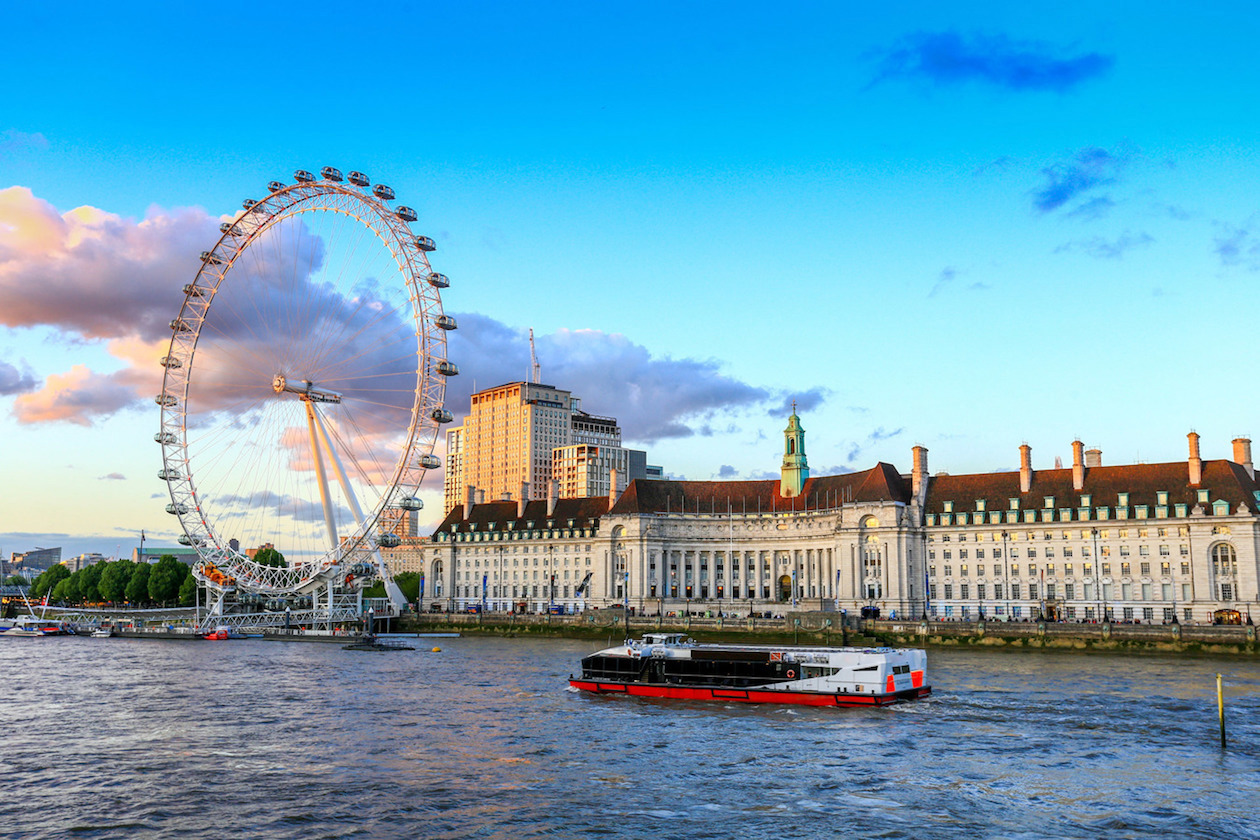10 January 2025
Heathrow increases incentives for SAF
In 2025, £86 million will be available for airlines to target 3% of the sustainable aviation fuel used at the airport, equal to 187,000 tonnes
Heathrow Airport is stepping up its commitment to more sustainable aviation by announcing an expansion of its Sustainable Aviation Fuel (SAF) incentive programme. By 2025, the airport aims to reach 3% SAF utilisation, corresponding to 187,000 tonnes, thanks to £86 million in funding available to airlines. This programme, which aims to reduce carbon emissions by more than 500,000 tonnes, is a key contribution to the transition to environmentally friendly aviation.
SAF: a sustainable response for aviation
Sustainable aviation fuel, produced from waste materials such as used cooking oil, offers an average 70% reduction in lifecycle carbon emissions compared to traditional kerosene. Heathrow incentivises airlines to use SAF by halving the price difference between traditional fuel and this greener alternative, making the sustainable choice cost-effective.
With the aim of exceeding the UK's SAF mandate by 1% by 2030, Heathrow aims to achieve 11% SAF utilisation, cementing its role as a leader in the decarbonisation of aviation. This step is an integral part of the airport's plan to achieve net-zero emissions by 2050.
Commitment to nature
In addition to the focus on SAF, Heathrow presented the "Nature Positive Plan", an initiative aimed at reducing impacts on the natural environment. The plan includes innovative nature-based solutions, the expansion of ecological networks around the airport, more careful management of biodiversity and the adoption of the recommendations of the Taskforce on Nature-related Financial Disclosures (TNFD). Heathrow thus becomes the first airport in the world to commit to a transparent approach to monitoring interaction with nature.
Sustainability strategy update
The airport has also updated its 'Connecting People and Planet' strategy (Heathrow 2.0), introducing more ambitious targets to address priority issues such as noise pollution, air quality and support for local communities. The strategy aims to balance concrete progress with realistic but challenging new targets.
As Matt Gorman, Director of Carbon Strategy at London Heathrow Airport, pointed out, sustainable aviation fuel is a reality that is already transforming the industry. The airport plans to extend Heathrow's SAF incentive program until 2030.
London Heathrow Airport
Heathrow is the UK's international gateway, Europe's largest airport and the world's most connected megahub , connecting over 200 destinations. The airport welcomes over 200,000 passengers on around 1,300 flights each day and serves as a British hub for trade, tourism and investment. Around 75,000 people work at Heathrow, with the airport employing around 10% directly, with the rest working for Team Heathrow partners, including airlines, ground handlers and retailers.
Edited by the Editorial staff, Avion Tourism Magazine
Text source and visual photo: Copyright © Heathrow Press Office
Photo London: Copyright © Sisterscom.com / Shutterstock
You might be interested in
Sustainability

Sustainable Mobility
Volotea with TotalEnergies for sustainable fuel
An agreement for the supply of sustainable aviation fuel (SAF) for use on flights departing from French airports
Sustainability

Sustainable Mobility
Delta Air Lines accelerates to a sustainable future
With the goal of zero emissions by 2050, the company invests in efficient aircraft, optimizes flight operations and promotes the use of sustainable fuels
Sustainability

Sustainable Mobility
Emirates accelerates on the green transition
From 2026, the airline, in partnership with Moro Hub, will move its data center to the Mohammad Bin Rashid Al Maktoum Solar Park, the world's largest solar-powered data center




